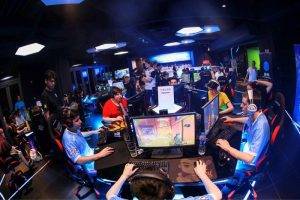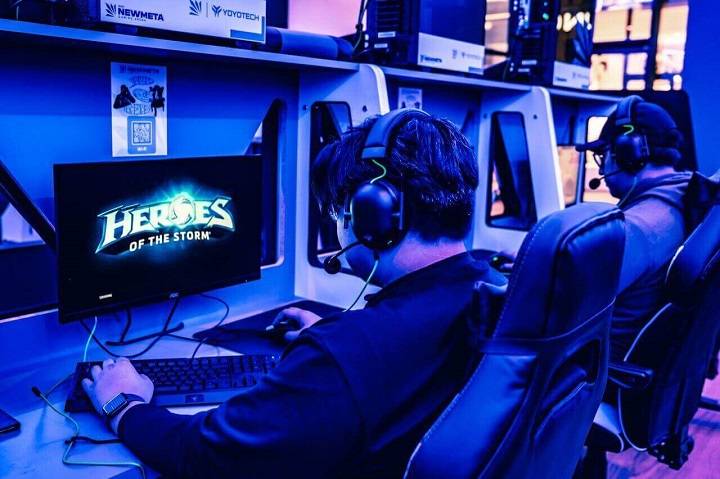Meta gaming is a concept that has gained significant traction, particularly within the realm of gaming communities. It refers to the practice of using knowledge or strategies outside the game’s parameters to gain an advantage within the game. In essence, it involves understanding and manipulating the meta—the overarching strategies, tactics, and trends that dictate gameplay beyond the game mechanics themselves.
Understanding Meta Gaming

Meta gaming encompasses various aspects, including but not limited to:
Game Knowledge: Players often delve deep into the mechanics, lore, and intricacies of a game to understand its underlying principles fully. This knowledge allows them to make informed decisions that can influence the outcome of their gameplay.
Strategic Planning: Meta gaming involves analyzing the current state of the game, predicting future trends, and formulating strategies accordingly. This may involve exploiting perceived imbalances or weaknesses in the game’s design.
Community Insights: Communities play a crucial role in shaping the meta of a game. Discussions, debates, and shared experiences among players contribute to the evolution of strategies and tactics. Understanding community sentiments can provide valuable insights for meta gaming.
Adaptability: Successful meta gaming requires adaptability. As games receive updates, patches, and expansions, the meta can shift dramatically. Players must stay vigilant and adjust their strategies accordingly to maintain their competitive edge.
Examples of Meta Gaming
Meta gaming manifests differently across various types of games:
Multiplayer Online Battle Arenas (MOBAs): In games like League of Legends or Dota 2, meta gaming involves understanding the current balance of power among characters (heroes) and adjusting team compositions and strategies accordingly.
Trading Card Games (TCGs): Games like Magic: The Gathering or Hearthstone have constantly evolving metas based on card releases, balance changes, and tournament results. Players often analyze deck archetypes and trends to optimize their own decks for success.
Role-Playing Games (RPGs): In RPGs such as World of Warcraft or Final Fantasy XIV, meta gaming may involve optimizing character builds, understanding boss mechanics, and coordinating with teammates to tackle challenging content efficiently.
Impact of Meta Gaming
Meta gaming can have a profound impact on the gaming experience:
Competitive Advantage: Players who engage in meta gaming often enjoy a competitive advantage over those who do not. By staying ahead of the curve, they can outmaneuver opponents and achieve greater success in competitive settings.
Community Dynamics: Meta gaming fosters a sense of community among players who share insights, strategies, and experiences. This collaborative environment enriches the overall gaming experience and encourages continued engagement.
Developer Response: Developers closely monitor meta gaming trends and player feedback to fine-tune their games. Balance changes, patches, and updates are often implemented to address imbalances or to introduce new dynamics, keeping the meta fresh and engaging.
In conclusion, meta gaming is a multifaceted concept that plays a significant role in shaping the gaming landscape. By understanding the underlying strategies, adapting to evolving trends, and leveraging community insights, players can elevate their gameplay experience and achieve greater success in their gaming endeavors. Whether competing in tournaments, collaborating with fellow players, or simply enjoying the immersive worlds of their favorite games, meta gaming adds depth and complexity to the gaming experience, ensuring that it remains vibrant and engaging for players worldwide.


